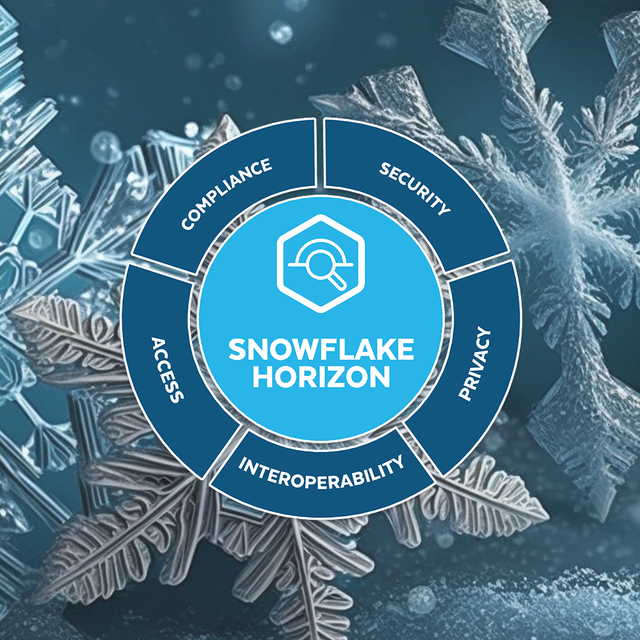
Solidatus’ CIO delivers a session on what data culture should really mean at Big Data London, wins A-Team data award in New York and meets hundreds of attendees at their event booths
Big Data London – the UK’s leading data and analytics conference and exhibition – opened its doors on the 21st of September. Over two days, Kensington’s Olympia London played host to over 100 leading technology vendors and consultants, and tens of thousands of attendees.
Big Data London is a special time of the year for the team at Solidatus. It’s a chance for us to celebrate our industry and the impact data is having on businesses across the world. But more importantly, it gives us an opportunity to connect with our customers and partners, and a chance to escape digital meetings over Zoom!
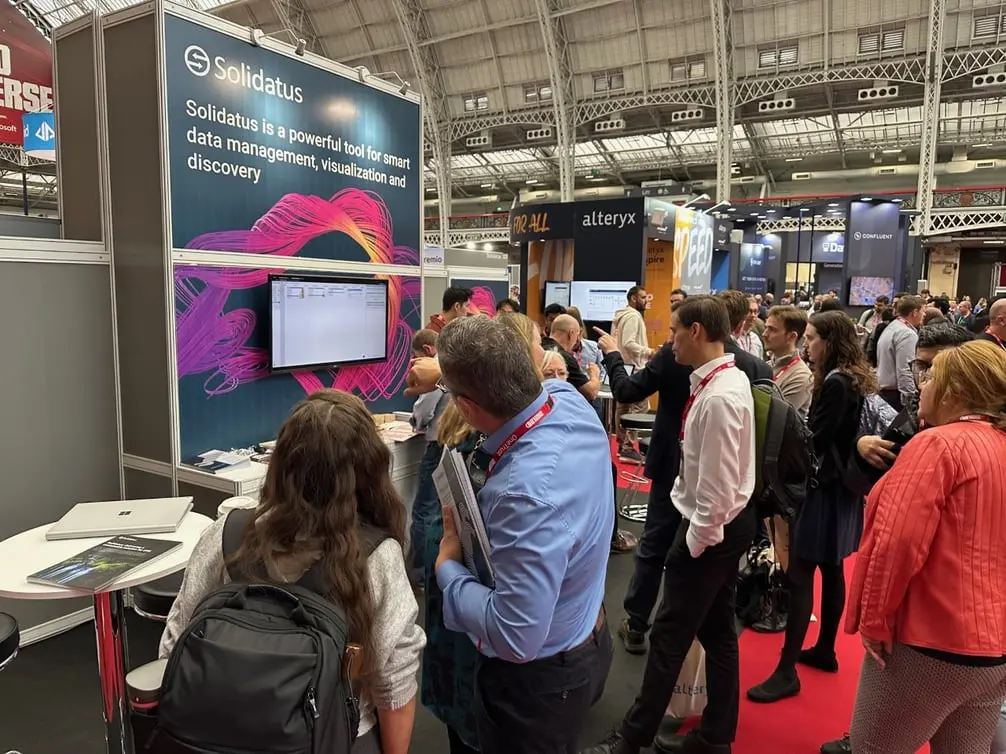
The march towards an understanding of the complexities of data and how to manage them is a challenging and exciting goal – one that Big Data London’s esteemed speakers held in their sights across the dozen theatres that hosted their sessions. Our Chief Innovation Officer, Philip Miller, was one of them.
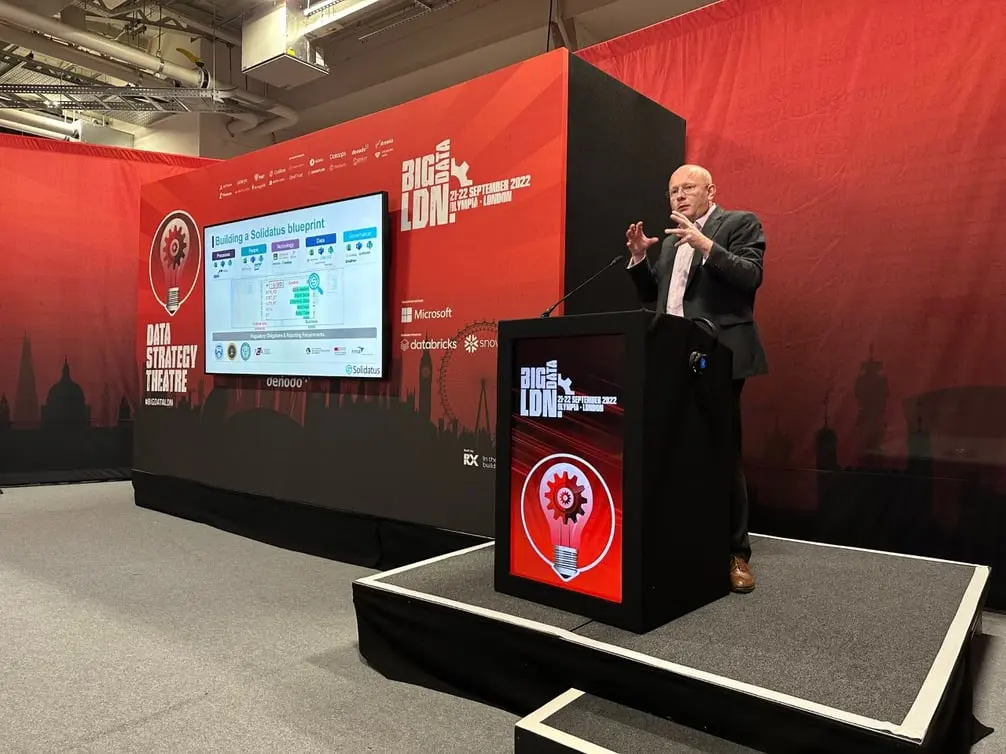

Data consumers are found in every function and at every level of the organization. Consequently, vast amounts of data are collected with little context as to its origin or meaning. Addressing a full house, Miller spoke of the importance of building a data culture within a business to ignite the fire to fuel innovation.
“The data world has changed so dramatically, so why hasn’t our approach or tooling? This is why we developed Solidatus – to deliver a solution that provides unique capabilities within data management to enable a fundamental shift in thinking and approach that allows businesses to simplify the complexity and give context for better data-driven decisions… Solidatus is the golden thread that connects your data to the processes that create it, to the policies that guide it, and the obligations that regulate it,” said Miller.
In an uncertain world, it pays to understand how data moves through an organization. Miller went on to say, “We may not have much control over events in the world that drive the need for resilience, but we can position ourselves to make the most of necessary change and view our organizations with new perspectives.”
Part of building an active data culture is about understanding the context in which your data is used.
“Our philosophy is that everything is connected. It goes beyond just seeing how data flows from application to application to how it then eventually ends up on a report. Our software is a tool by which organizations can gain clarity over their entire ecosystem and understand WHY their data is being used and how it is connected,” Miller added.
Speaking a common language across a global business is hard. But if you’re to succeed in the coming months, years, and decades, then embedding data literacy into your organization is essential.
“If we want to increase data literacy and provide an up-to-date and dynamic self-serve environment to all your data consumers, you need to move away from dependencies on countless systems, people or tools when you try to understand how data is used across your organization. A Solidatus blueprint is the Rosetta Stone that allows you to build the common language that enables an active data culture,” said Miller.
Throughout his presentation, Miller reiterated the importance of data in constructing powerful business strategies, and how by using a tool like Solidatus, you bring an agile, data-centric approach to decision- making.
For an audience at Big Data London, it may seem obvious, but Miller reminded us that today, more than ever, the board of a company has less and less in the way of excuses for why they have not met key data regulations. Chief Data Officers and their immediate staff are not the only people who should be concerned about data; everyone must be a data steward.
Watch the full session on demand:
As our time at Big Data London came to an end, across the Atlantic, Solidatus’ CEO, Philip Dutton, and Chief Data Officer for Bank of New York Mellon, Eric Hirschhorn, were delivering a similar message at the Data Management Summit in New York. Dutton and Hirschhorn spoke of breaking down silos across your business to build an enterprise data management-governed view, as well as the importance of ensuring your data operations matched your data aspirations.
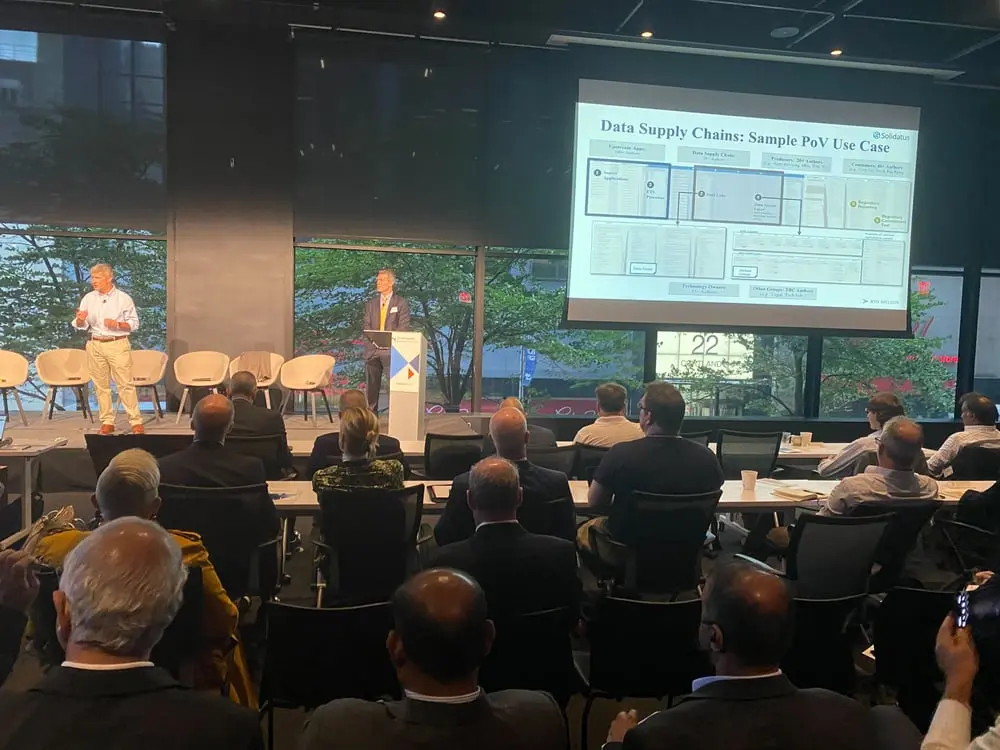
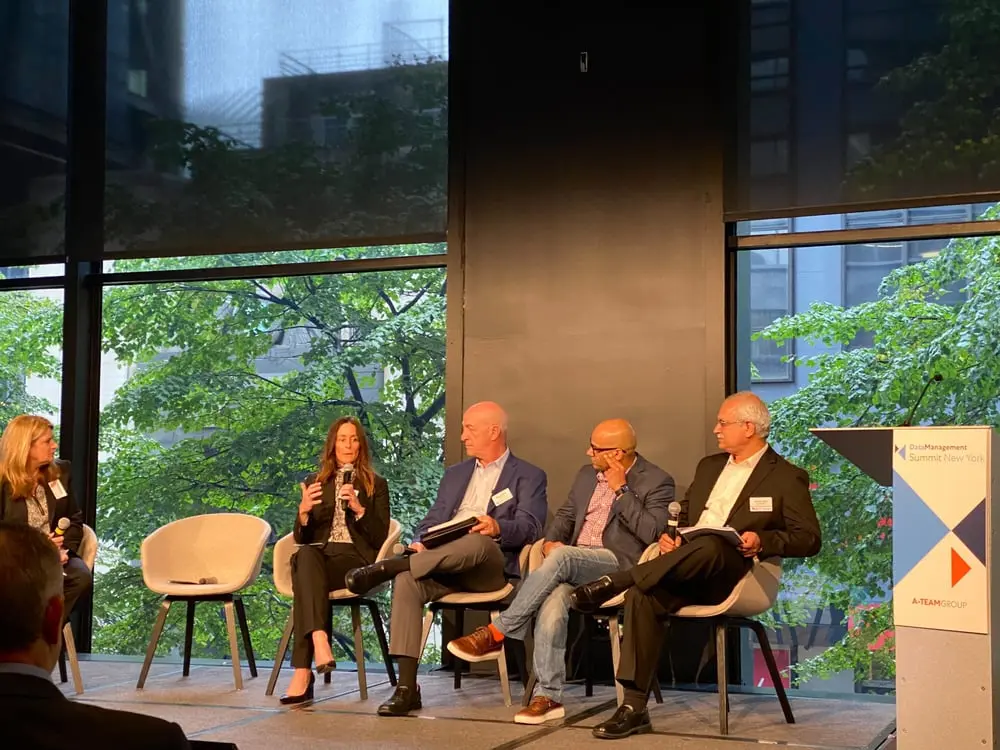
To finish a productive and awarding week, Solidatus took A-Team’s Best Data Discovery and Catalog Solution at the summit!
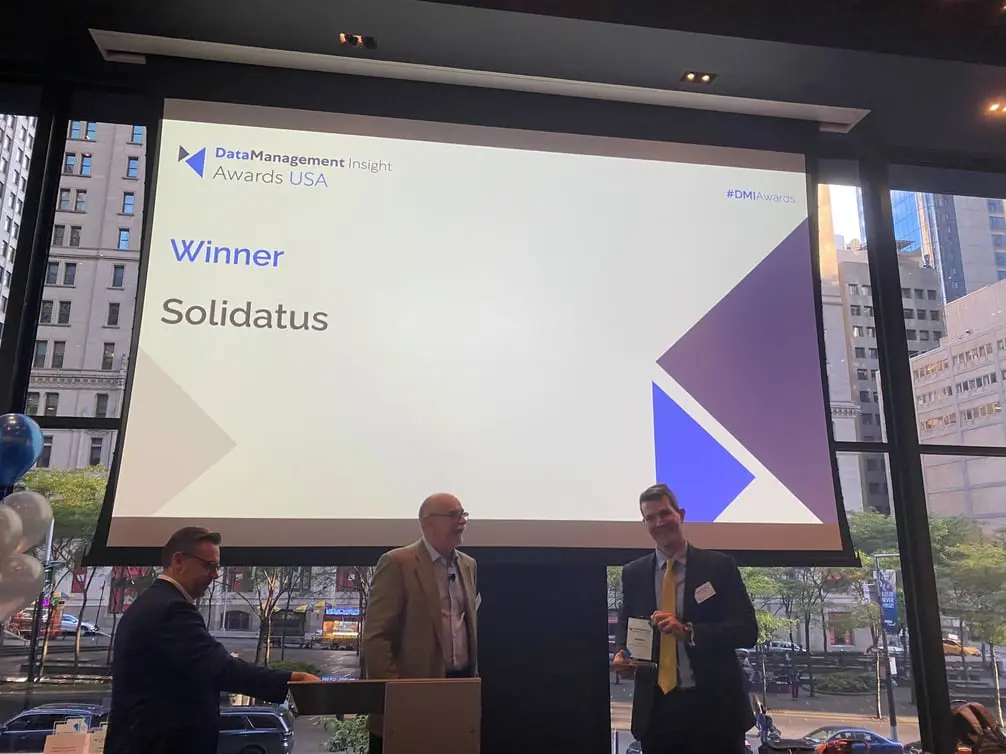
Latest news

